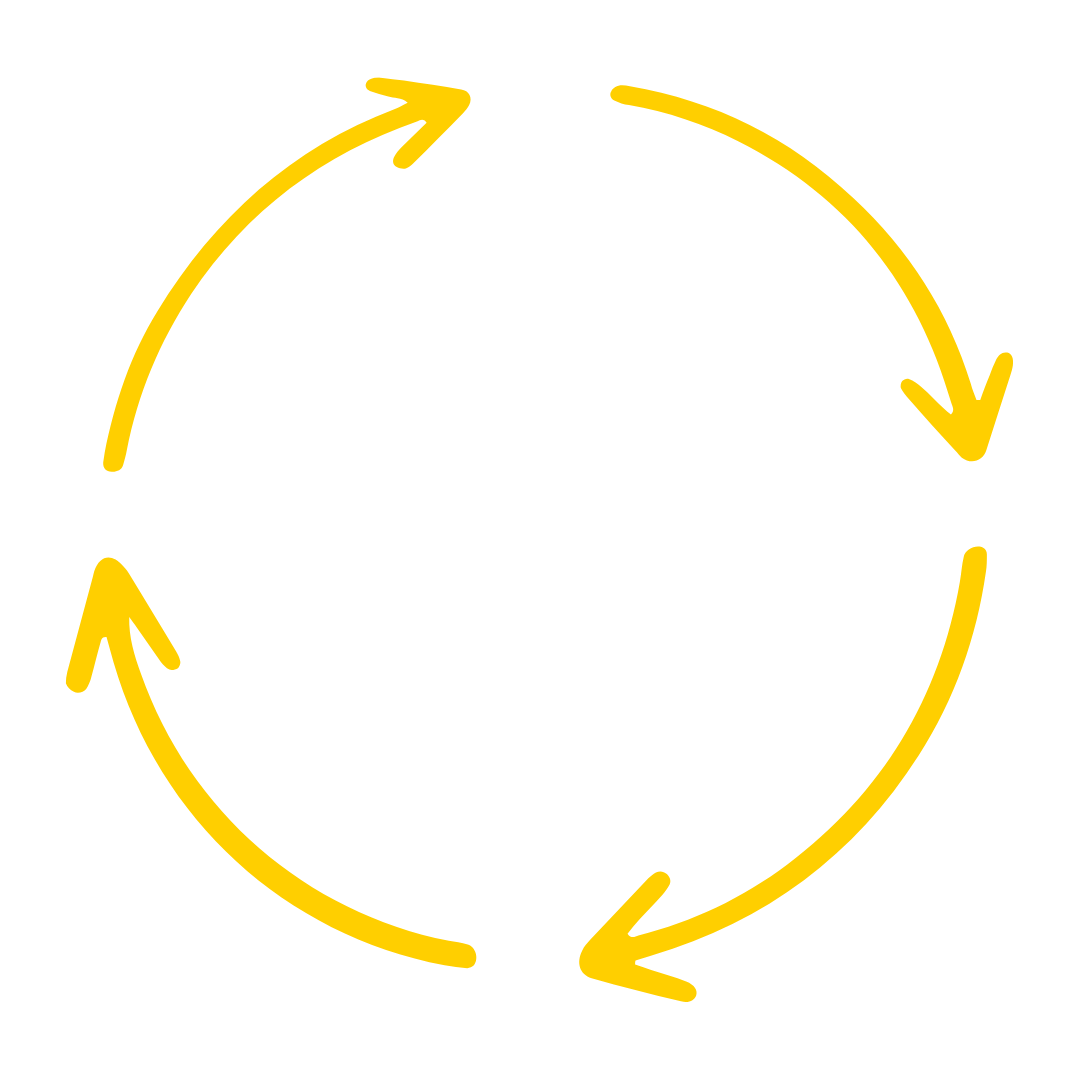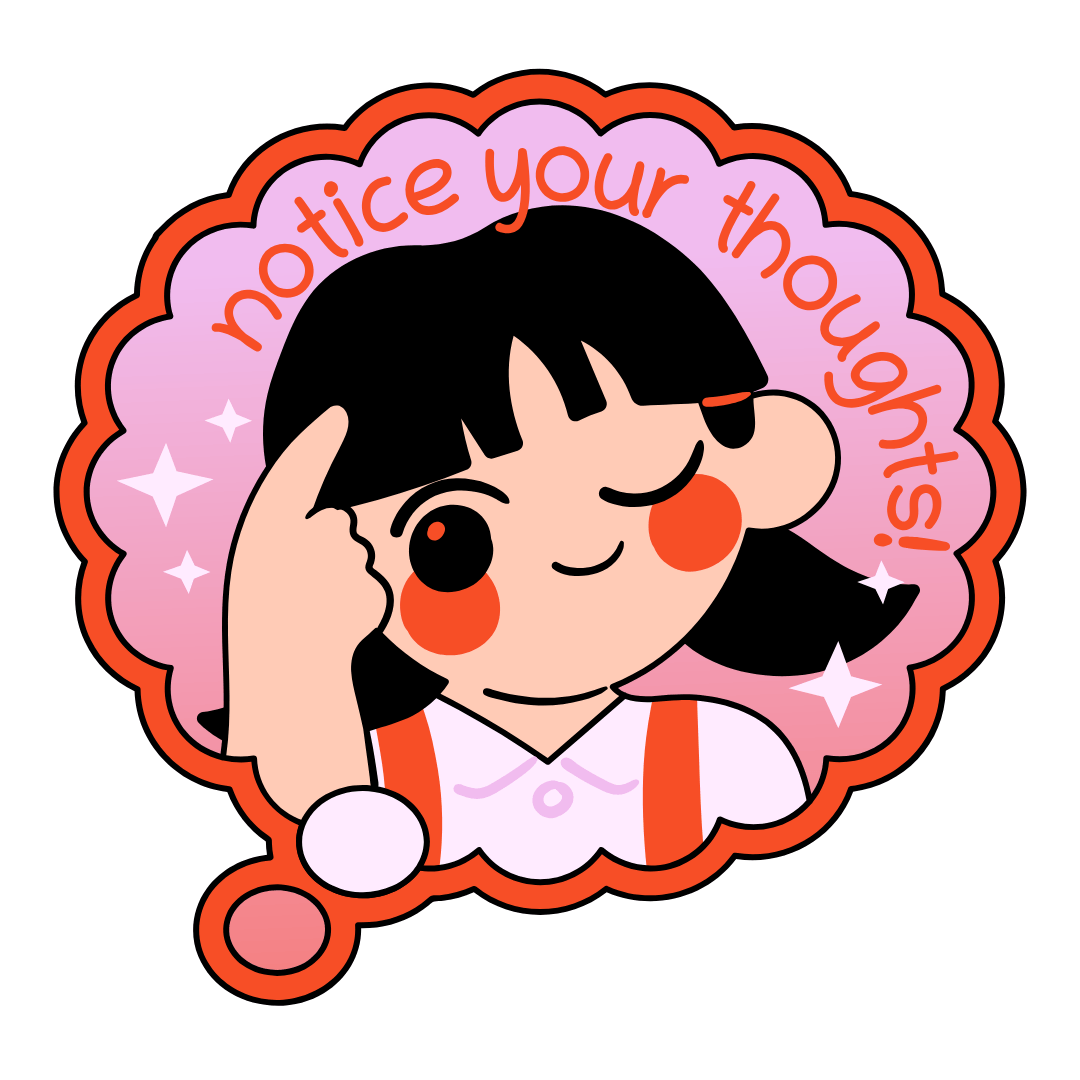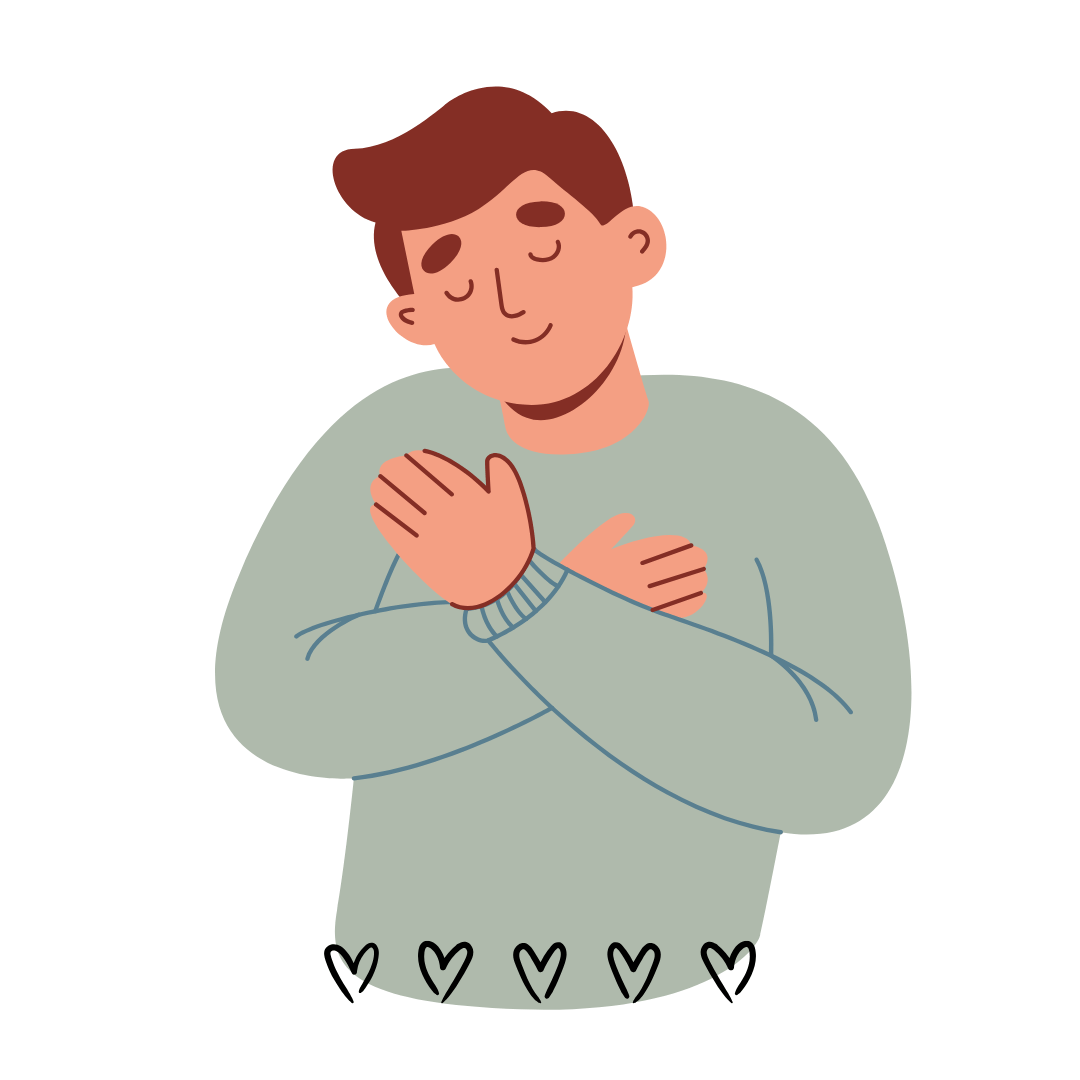Understanding the Link Between Perfectionism and Food Addiction
If you’ve ever said to yourself, “I have to get this exactly right, or it’s all ruined,” or “If I can’t follow my food plan perfectly, I might as well give up,” - You’re not alone. And you might be facing a hidden barrier to recovery that doesn’t get talked about enough:
Perfectionism!
Perfectionism might look like discipline or high standards on the outside, but underneath, it often carriers fear, shame, and the belief that you’re only worthy if you perform a certain way. And when it’s mixed with food addiction, it can become a painful cycle that’s hard to break.
Let’s explore how perfectionism feeds food addiction, how to spot the signs, and most importantly, how to start untangling the two with kindness and compassion.
What is Perfectionism?
Perfectionism isn’t just about wanting to do well. It’s about believing that:
Mistakes are unacceptable
Your worth is tied to success or appearance
If something isn’t done perfectly, it’s a failure
You have to control everything - including weight, food, and emotions
It’s an exhausting way to live. And for many people with food addiction, perfectionism was there long before the food became a coping tool.
How Perfectionism Feeds Food Addiction
Here’s the tricky part: perfectionism can drive food addiction in ways that feel confusing and contradictory. You may:
1. Swing Between Extremes
You’re either “being good” (eating clean, tracking everything, exercising) or “failing completely” (over eating, feeling out of control, giving up). There’s no middle ground. It’s all-or-nothing thinking, and it’s exhausting.

2. Use Food as a Coping Tool for Perfection Pressure
If you’re constantly striving, constantly pushing, and never letting yourself rest, food can become the only way to let go. The binge becomes the release valve for the tension.

3. Beat Yourself Up for Every “Slip”
A minor deviation from your food plan can feel like the end of the world. Instead of seeing it as a learning moment, perfectionism turns it into a character judgement: “I’m weak. I’ve failed. I’ll never get this right.” And when you’re in that mindset, what often comes next? More food. More shame. More trying to “start again on Monday.”

Perfectionism Might Sound Like This...
“If I can’t do recovery perfectly, what’s the point?”
“Other people seem to have it all together, why can’t I?”
“I’ll only feel better when I reach my goal weight.”
“One bad day means I’ve ruined everything.”
“I should know better by now.”
If any of that sounds familiar, know this:
You are not the only one.
This is not your fault.
And you don’t have to stay stuck in this pattern.
Recovery Isn’t Perfect - It’s Human
Here’s the truth: recovery is messy.
Some days will feel strong and empowered.
Others might feel like you’re back at square one.
But perfectionism tells you there’s only one “right” way to recover. That’s a lie.
In reality, healing happens in the small, imperfect moments:
Reaching out for support instead of isolating
Learning from a binge instead of punishing yourself
Letting yourself eat with trust, not shame
Choosing rest instead of punishment workouts
Forgiving yourself, even when it’s hard
How to Soften Perfectionism in Recovery
You don’t have to get rid of perfectionism overnight, but you can begin to loosen its grip.
Here are a few steps to get started:
1. Name It When It Shows Up
Begin noticing your perfectionist thoughts without judgement. You can even say:
“Ah, there’s perfectionism again - trying to protect me, but not helping right now.”
Awareness creates choice.

2. Challenge All-or-Nothing Thinking
Instead of saying “I blew it,” try:
“I had a hard moment. What’s the next kind thing I can do for myself?”
There’s always a middle path.
3. Practice “Good Enough” Recovery
Try setting recovery goals that are sustainable, not extreme.
Not perfect meals every day, but nourishing yourself most days.
Not never binging again, but being curious when it happens.
“Good enough” is more than enough. It’s realistic. It’s human.

4. Make Room for Rest, Not Just Hustle
Perfectionism thrives on pressure. Recovery thrives on presence.
Give yourself permission to slow down, to take a breath. To be - even if you’re not “achieving” anything.
5. Talk to Yourself Like Someone You Love
Would you expect someone you care about to be perfect in their recovery?
No?
Then you don’t have to be either.

From Perfectionism to Permission
At its core, food addiction recovery isn’t about strict control. It’s about rebuilding trust, with your body, your needs, and your self.
And that trust cannot grow in the shadow of perfectionism.
It grows in permission.
Permission to feel.
To try.
To stumble.
To learn.
To begin again.
You Don’t Have to Be Perfect to Heal
You just have to be willing. Willing to show up, even when it’s hard. Willing to forgive yourself even when you fall. Willing to keep choosing recovery, not because you have to be flawless, but because you finally believe you’re worth the effort. And you are.
Need Support?
Join our community or reach out to talk with others who get it.
You don’t have to do this alone.
Copyright © 2025 · Food Addiction UK


